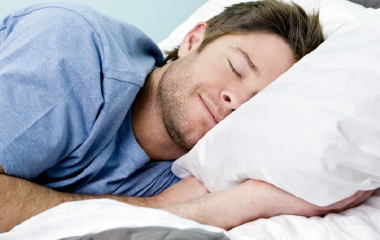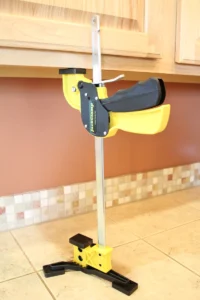From Meditation to Technology: Exploring the Modern Approach to Sleep
In a world that never seems to sleep, the quest for a good night’s rest has become more elusive than ever. With our busy schedules, constant connectivity, and the relentless hum of modern life, sleep often takes a back seat. new methods for sleeping However, it’s essential for our physical and mental well-being. In this article, we’ll explore how we’ve evolved from traditional techniques like meditation to the modern approach of using technology to improve our sleep.
The Importance of Sleep
Before we dive into the modern approaches to sleep, let’s reiterate the importance of sleep. Sleep is not merely a passive state; it’s a dynamic process that supports physical, mental, and emotional health. Here’s why it matters:
- Restoration and Healing: During sleep, our bodies repair and regenerate tissues, boosting our immune system and healing wounds.
- Memory Consolidation: Sleep plays a critical role in processing and consolidating memories, enhancing learning and problem-solving.
- Emotional Well-being: A good night’s sleep is essential for emotional regulation, reducing stress, and promoting mental well-being.
- Physical Health: Consistent sleep patterns are linked to lower risks of chronic diseases such as heart disease, diabetes, and obesity.
Now that we understand why sleep is vital let’s explore how the modern world has approached the age-old problem of insomnia and poor sleep.
Traditional Remedies: Meditation and Relaxation Techniques
For centuries, various cultures have embraced meditation and relaxation techniques to improve the quality of sleep. These practices involve mindfulness and deep breathing exercises, helping individuals calm their minds and release stress.
- Meditation: Meditation techniques such as mindfulness meditation and yoga nidra have proven effective in reducing anxiety, promoting relaxation, and improving sleep quality.
- Progressive Muscle Relaxation: This method involves sequentially tensing and relaxing muscle groups, which can help alleviate physical tension and stress, making it easier to fall asleep.
While these traditional remedies are incredibly valuable, the modern world has also found innovative ways to address sleep issues.
The Modern Approach: Technology and Sleep
In today’s digital age, we have harnessed the power of technology to optimize our sleep patterns. Here are some of the modern methods that have gained popularity:
- Sleep Tracking Apps: Various smartphone apps and wearables are designed to monitor your sleep patterns, providing insights into the quality and duration of your sleep. These tools can help you identify issues and make necessary adjustments.
- Smart Sleep Devices: Advanced devices, like smart mattresses and pillows, adjust their firmness and shape to provide optimal support and comfort throughout the night. They can even monitor your sleep and offer suggestions for improvement.
- Light Therapy: Artificial light can disrupt our circadian rhythms. Light therapy devices can help regulate your internal clock by simulating natural light patterns, aiding in the management of sleep disorders such as Seasonal Affective Disorder (SAD).
- Sound Machines and White Noise Apps: These can create a soothing environment by masking disruptive noises, ensuring a peaceful sleep environment.
- Sleep Aids and Medications: Although not a technology per se, there has been an increase in the development of sleep aids, both prescription and over-the-counter, designed to help individuals fall asleep and stay asleep.
- Telemedicine: Access to healthcare professionals via telemedicine has made it easier for people to seek treatment for sleep disorders. Doctors can now diagnose and provide treatment recommendations remotely, reducing barriers to care.
Balancing Tradition and Technology for Optimal Sleep
While modern technology offers innovative solutions to sleep problems, it’s important not to forget the wisdom of traditional practices. Combining these approaches can lead to a holistic approach to better sleep.
- Mindfulness and Meditation: Incorporate meditation and deep breathing exercises into your bedtime routine. Technology can be a helpful tool to guide you through these practices.
- Digital Detox: Limit screen time before bed. The blue light emitted by screens can disrupt your circadian rhythm. Consider using apps that filter blue light or invest in blue light-blocking glasses.
- Personalized Sleep Plans: Use sleep tracking apps and devices to gather data about your sleep patterns. With this information, you and your healthcare provider can create a personalized plan to address your specific sleep needs.
- Consult a Professional: If you’re consistently struggling with sleep, consult a healthcare professional. They can help identify underlying issues and recommend the most suitable interventions.
In conclusion, our approach to sleep has come a long way, from ancient meditation practices to embracing the capabilities of modern technology. The key is to strike a balance between these two worlds, as they both offer valuable tools for improving the quality of our sleep. Remember, sleep is not a luxury; it’s a necessity for a healthier and more fulfilling life. So, explore these modern approaches and find what works best for you. Sweet dreams!


